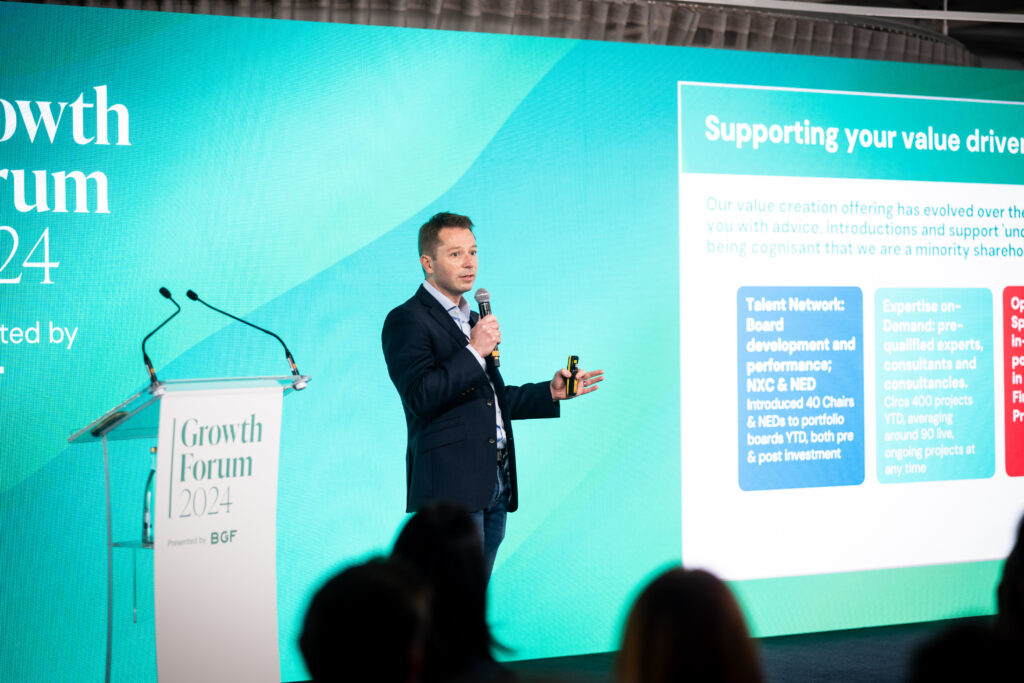We’ve invested in a number of IT managed services providers to date. One example is Kocho, which supports mid-market companies transitioning to the Cloud. We first invested in Kocho to fund and support its ambitious buy and build acquisition strategy.
Since then, the business has successfully acquired and integrated a number of other providers. Its customer churn is low, and there’s a good balance between one-off projects and recurring revenue. Crucially, the business is involved in its clients’ strategy discussions at board level, using all available tools to help customers get the best out of their IT.
Kocho is an excellent example of what growth investors like BGF are looking for in an IT managed services business:
1. Board-level engagement
There are two types of managed services provider: those that provide the basic services, like hosting and a helpdesk, and those that actively engage with a company’s senior management on strategic issues, such as data analytics, cybersecurity, and the modern workplace. We want to invest in the second type. If a company gets involved in board-level strategy discussions, it embeds itself into its customer’s business for the long term.
2. Loyal staff
Retaining staff is a huge challenge in this sector. Demand for IT services has shot up during the COVID-19 pandemic, but talented staff are highly sought after, while employees have become more assertive about the conditions they want, such as remote working. So, we’re looking for businesses that have a strong company culture. We want them to be tracking anonymous Glassdoor review, and conducting exit interviews with leavers, to understand how to improve staff retention. Low employee churn is a key indicator of growth potential in this space.
3. Loyal customers
Having an IT managed services provider is a bit like having a current account with a bank. Usually, customers only leave if something goes wrong. With that in mind, we look for businesses to invest in that have a very low rate of customer churn. A business has a problem if more than 10% of its customers leave within a year – stripping out exceptional events, we look for an underlying churn rate of ~5%.
4. Effective sales team
IT services providers typically base their business models on service agreements, which generate predictable, recurring revenue. This means these companies are usually good at forecasting future cashflow. What’s less common, however, is to have a good understanding of their sales pipeline. The best businesses we come across typically have a well-organised sales department, with access to accurate data, and an effective ability to convert targets into sales.
5. Professional services offering
As already stated, recurring revenues are the norm in this industry. It’s now recognised though that one-off professional services projects, addressing issues such as cloud computing (which are ever more complex), are a good way for growth-focused IT businesses to augment their recurring revenue and embed the relationship with clients. We tend to look for companies that make roughly a quarter to a third of their revenues from these one-off professional services projects and consulting.
6. They get paid on time
In IT services, customers typically pay in advance, so if a provider isn’t billing and receiving the bulk of its income by the start of each quarter, we’d want to know why. Managed services providers ought to be able to convert every pound of profit into cash, which is why we look for businesses that have an effective pricing model and a disciplined finance team who aren’t afraid to chase up unpaid invoices.
Are you an ambitious founder, operating in the IT managed services space? If you think you could use some extra capital and support, introduce yourself to our team today.






